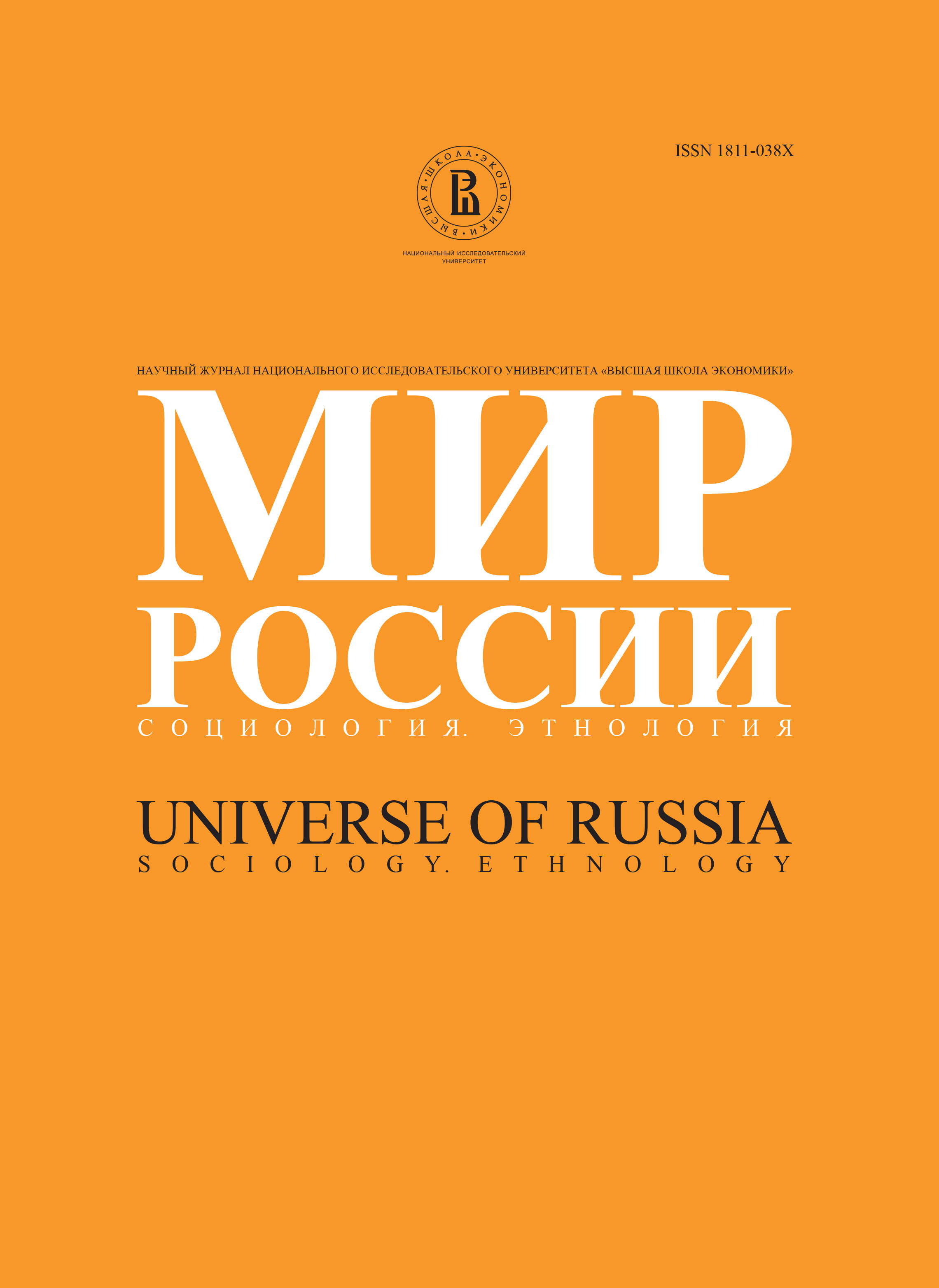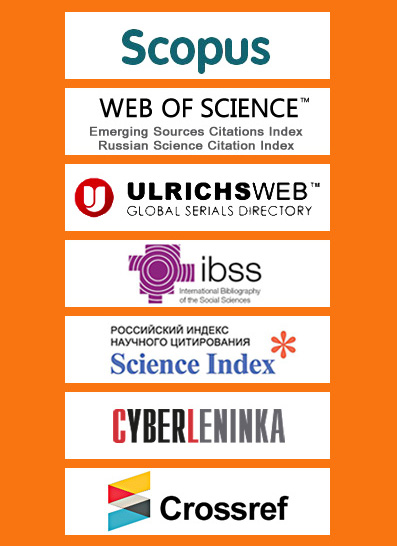Отчет российскому правительству от международной группы советников по социальным и политическим проблемам экономических реформ и структурных преобразований в России
Аннотация
Fernando Cardoso — Head of the Chair for Political Science, University of San Paulo. Address: Caixa Postal 66281, 05311-970, Sao Paulo-SP, Brazil.
Martin Carnoy — Professor of Education, Stanford University. Address: 450 Serra Mall, Stanford, CA, 94305–2004, USA.
Manuel Castells — Head of the Chair for Communication Technologies and Society, University of Southern California. Address: Los Angeles, CA, 90089, USA.
Stephen Cohen — Professor, University of California (Berkeley). Address: Berkeley, CA 94720, USA.
Alain Touraine — Research Director, l’Ecole des Hautes Etudes en Sciences Sociales, University of Paris. Address: 47, Rue des Écoles, Paris, Cedex 05, 75230, France.
In January 1992, professor Manuel Castells advised the Russian government to organize consultations with leading foreign researchers on the prospects of the country’s social and economic development. At that time, M. Castells already had a reputation as one of the most renowned sociologists of his time. He was, as well, the director of the Institute for Sociology of New Technologies, a professor of sociology (urban and regional planning) at the Universidad Autonoma de Madrid and a professor at the University of California (Berkeley). Along with his great experience of scientific work and teaching, he was also highly recognized as an advisor and consultant to a number of governments across the world.
Once the preliminary agreements had been reached, where M. Castells agreed to organize a group of experts for the consultations without asking for any compensation, Ovsey Shkaratan, a friend and consultant to the Russian government, communicated this information to the state secretary, Gennady Bourboulis, for further introduction to President Boris Yeltsin. Unfortunately, the negotiations took quite a while due to a rather sharp situation in Russia at that time. This is why the experts could only meet up in Moscow from the 27th of March to the 2nd of April, 1992.
The group of experts, apart from M. Castells himself, consisted of four other highly recognized professionals in the field. One of them was professor Fernando Henrique Cardoso, who at that time was a Brazilian senator and would become Brazil’s president. He was one of the founders and leaders of Brazil’s social-democratic party. In his professorship, F. Cardoso taught in Stanford, Berkley, Cambridge, Paris-Nanterre and his native San-Paulo. From 1982-1987 he was the president of International Sociological Association.
Professor Alain Touraine came to represent the elder generation of the most outstanding sociologists, political scientists and philosophers of the 20th century. He was a director for the French École des Hautes Études en Sciences Sociales and the chief editor of ‘Sociology of Labour’ journal. Professor A. Touraine worked as a visiting professor to a number of leading universities across the world and was well known for his opposition to totalitarianism, Nazism and any form of social oppression. He consulted and supported the Polish ‘Solidarity’ movement. A. Touraine is also one of the authors of the ‘post-industrial society’ concept.
Stephen Cohen, a professor from Berkeley University, also joined the group of consultants to represent the economic side. He worked quite a lot as an advisor on foreign affairs and strategies to such organizations as the OECD, French, Italian and Spanish governments, the US White House, the US Congress Joint Economic Committee and a number of large corporations in the USA, Europe and Japan. His publications mostly concern the world economy and national models of economic development.
The last, but not the least member of this group was Professor Martin Carnoy from Stanford University, who is well known for his research in the field of education and human resources. At that time, he was the chair of the Stanford International Development Education Center and a member of the National US Population Council. His books concerned the problems of education in the Third World, education and labor, economic modernization of China, etc.
The results of the highly intensive work by this group of experts have been included in the final report to be presented as a an exclusive document to the Russian government in 1992. This document is being published in this issue to introduce the audience to an alternative version of reforms proposed by the World Bank and the International Monetary Fund. These were available, yet were unjustly disregarded by the government.






